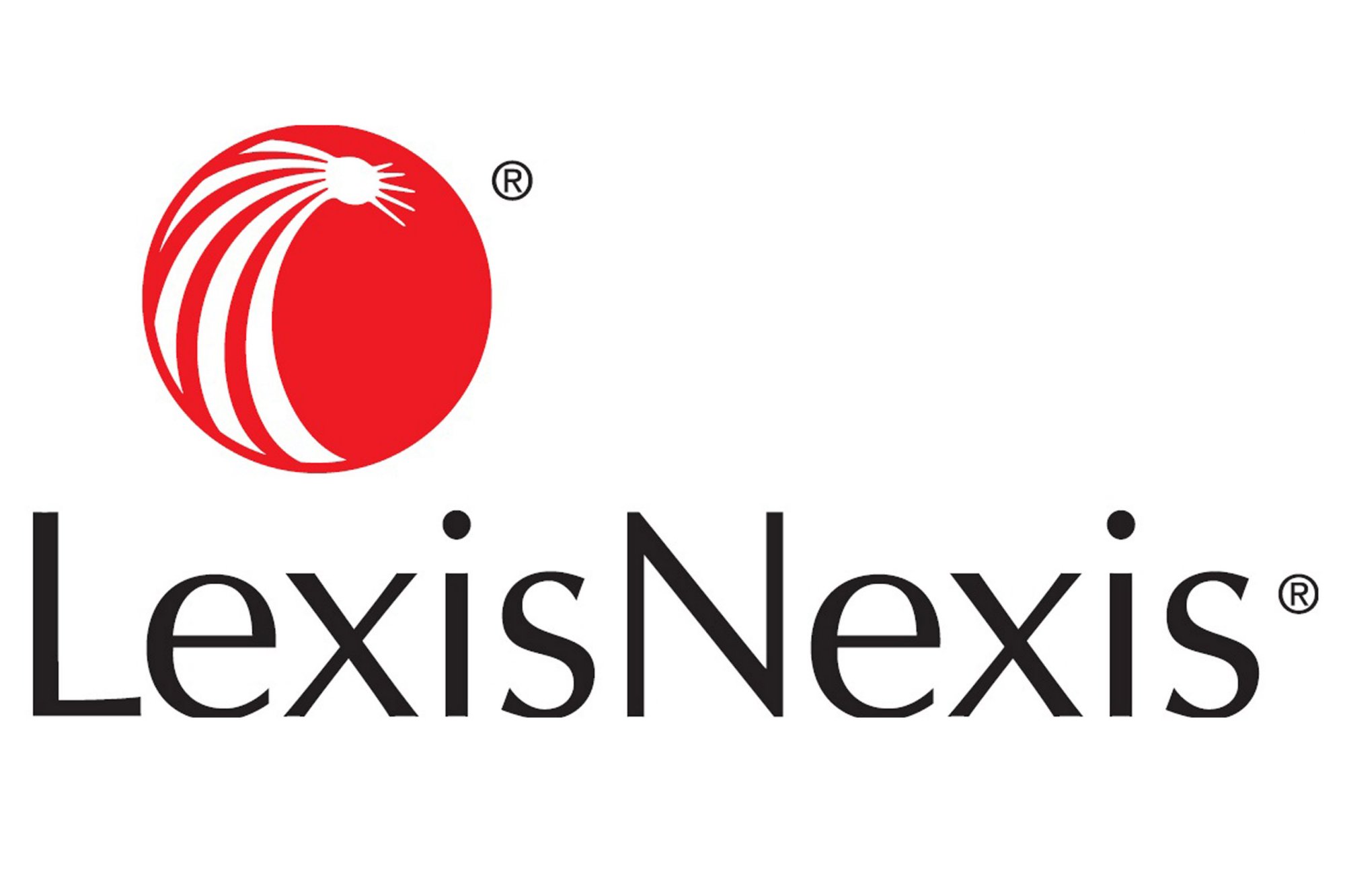Published
- 03:00 am

Metaps Plus, a leading Korean fintech company and a subsidiary of Tokyo-listed Metaps Group (TSE:6172), has entered into a strategic partnership with OST to develop Blockchain-powered coupons and mobile payments by leveraging OST technology and the OpenST and OpenST Mosaic Protocols.
Founded in 2009, Metaps Plus operates a Marketing platform for mobile apps, servicing 300,000 daily active users and achieving 100 million app downloads every year. It also operates Korea’s largest mobile coupon platform and partners with 34,000 merchants, processing USD $140 million of coupon transactions in 2017.
The collaboration with OST will initially focus on tokenizing mobile coupons. Although mobile apps have made coupons much more convenient and user-friendly, end-customers still face many traditional limitations. For example, a coupon typically has an expiration date, can only be used at specific stores/locations, and may require minimum purchase thresholds. This limits their value and adoption, frustrating both consumers and businesses.
Blockchain tokens can solve many of these issues as they are tradable and have inherent market value, bringing more flexibility to users. To mirror the large variety of coupons that Metaps Plus currently processes, this partnership will tap into key areas of Blockchain development such as Non-Fungible-Tokens (“NFT”), which are designed to represent unique digital assets.
“Metaps Plus is leading the charge in bringing Blockchain technology to mass consumers in Korea. Working with OST will help Metaps Plus create Mobile Coupons 2.0 and pave a whole new way for users to adopt, use and even trade coupons.” says Seungyeon Kim, CEO, Metaps Plus.
Related News
- 02:00 am

As the world becomes increasingly urban, it also becomes clear that cities have more in common than meets the eye. Urban centers from Seattle to Sydney and São Paulo face similar challenges, such as providing basic housing and transportation, education and employment to their growing populations.
Mastercard believes the answer lies in rethinking the way cities and businesses work together – and how we move the conversation from sharing challenges to jointly unlocking possibilities.
This is the inspiration for City Possible, a new approach that brings together global cities, joins them up with a united private sector, and focuses on “making tech work for people”. When we connect forward-thinking leaders from cities, businesses, communities and academia to co-create, they can build more robust solutions for people everywhere.
Imagine delivering social disbursements on a card that can be used in any store, or informing urban planning with actionable data insights, or making it easier for commuters to get around a city simply by tapping their phone. These are all actual examples of how Mastercard works with its partners to make urban experiences more connected and more inclusive.
Next week at CityLab Detroit, Mastercard will join urban leaders from around the world to discuss ways to create opportunity for all. On October 29 and 30, Mastercard executives will participate in a number of sessions at the event:
Monday, October 29
- 12:30 – 1:00 p.m.: Miguel Gamiño, executive vice-president for global cities will host an ‘exchange’ session to discuss public-private collaboration for urban development.
- 1:15 – 2:15 p.m.: Miguel Gamiño, will introduce a break-out session on “How Far Should Cities Go to Woo Big Employers?”.
Tuesday, October 30
- 9:25 – 9:40 a.m.: Mike Froman, vice chairman and president of strategic growth will join a conversation on “Making the Digital Economy Work For All” on the main stage.
- 12:30 – 1:30 p.m.: Parag Mehta, executive director, Mastercard Center for Inclusive Growth will host an ’exchange’ session on advancing inclusion through research, data philanthropy, and community engagement.
Be sure to visit the Engagement Bureau and follow us on Twitter for updates on CityLab Detroit. If you are a member of the media planning to attend, please contact the team to set up a meeting.
Related News

Martin Kisby
Head of Compliance at Equiniti Credit Services
The outcome of the latest FCA consultation into high-cost credit is expected to strengthen protection for vulnerable consumers. see more
- 02:00 am

The Bureau of Consumer Financial Protection (Bureau) today announced a settlement with Cash Express, LLC, a small-dollar lender based in Cookeville, Tenn., that offers high-cost, short-term loans, such as payday and title loans, as well as check-cashing services. Cash Express owns and operates approximately 328 retail lending outlets in four states: Tennessee, Kentucky, Alabama, and Mississippi.
As described in the consent order, the Bureau found that Cash Express violated the Consumer Financial Protection Act (CFPA) by deceptively threatening in collection letters that it would take legal action against consumers, even though the debts were past the date for suing on legal claims, and it was not Cash Express’s practice to file lawsuits against these consumers. The Bureau also found that Cash Express violated the CFPA by misrepresenting that it might report negative credit information to consumer reporting agencies for late or missed payments, when the company did not actually report this information.
The Bureau also found that Cash Express violated the CFPA by abusively withholding funds during check-cashing transactions to satisfy outstanding amounts on prior loans, without disclosing this practice to the consumer during the initiation of the transaction.
Under the terms of the consent order, Cash Express and its subsidiaries are barred from automatically taking money from check-cashing transactions unless certain conditions are met. Cash Express is further barred from making misrepresentations about its consumer reporting activities and its intention or likelihood of filing suit to collect a debt.
The order requires Cash Express to pay approximately $32,000 in restitution to consumers, and pay a $200,000 civil money penalty.
Related News
- 01:00 am

Nordea’s General Meeting decided earlier in 2018 to establish a nomination board with the task of presenting to the Annual General Meeting 2019 proposals concerning election of members of the board of directors, chairman of the board of directors and remuneration to the board members and auditor.
The four largest shareholders in terms of votes who wish to participate in the nomination board are entitled to appoint one member each. In addition, the chairman of the board of directors participates in the nomination board.
The four largest shareholders willing to join the Nomination Board have now met, noted the decision by the General Meeting and formally constituted the Nomination Board.
The members of the Nomination Board are:
Kari Stadigh, Group CEO and President of Sampo plc
Mogens Hugo, appointed by Nordea-fonden
Hans Sterte, Head of Investment Management at Alecta
Risto Murto, President and CEO of Varma
Björn Wahlroos, Chairman of the Board of Directors
Kari Stadigh has been appointed Chairman of the Nomination Board.
The Annual General Meeting will be held on Thursday 28 March 2019 in Helsinki.
Related News

Dr. Sandra Bell
Head of Resilience at Sungard Availability Services
You may not believe it, but IT workers are the second most active profession behind accountants. It’s a tough gig – from meeting dynamic business requirements, to making see more

Brendan Reidy
CEO at Top Images Systems
We are pleased to be reporting both our first and second quarters along with the six months ended June 30, 2018, results, and we feel the appointment see more
- 07:00 am

Eight leading financial technology (fintech) companies presented their solutions and services to top banking, insurance, venture capital and technology executives today at the fifth annual Accenture (NYSE: ACN) FinTech Innovation Lab Asia-Pacific Investor Day, which highlighted the evolution and growth of the industry.
The 12-week mentorship program — a collaboration between Accenture and leading financial institutions — has experienced strong growth since its inception in 2014, with the number of participating financial institutions more than doubling, to 22 this year from 10 in 2014. The number of applications from startups has also surged, to more than 160 this year from fewer than 100 in 2014.
The 2018 FinTech Innovation Lab Asia-Pacific participants were:
· Bereev – a Malaysia-based start-up that developed Asia's first legacy-planning application, helping users organize and prepare their financial, personal and other matters, to help family members in case of their death.
· BetterTradeOff – a Singapore-based start-up whose one-of-a-kind holistic life-planning solution, 'Aardviser,' uses advanced statistical models and AI to empower people to make optimum decisions when financing their dreams.
· Checkbox.ai – a Sydney-based start-up whose award-winning technology platform enables the digital transformation of regulation, policy and business services into easy-to-use business applications in the cloud, letting users — even those without technical training or coding capability — create online software applications.
· Gekko Lab – a Hong Kong-based RegTech startup for financial intelligence and investigation, whose graphical network analytics software and built-in proprietary database enhance users’ capability to detect and manage risks using data analytics.
· Hyper Anna – an Australian startup whose AI-powered virtual data scientist 'Anna' leverages advanced data analytics to handle the tedious and technical work of writing code, analyzing data, producing charts and finding insights.
· Know Your Customer – a Hong Kong- and Ireland-based startup that provides digital solutions to quickly and accurately identify and verify companies and individuals prior to client on-boarding, automating 90 percent of compliance routine tasks.
· NoPassword – a U.S.-based startup that offers the next generation of identity platform, which substitutes passwords with human and hidden multi-factor authentication for enterprise internal and external users.
· Tookitaki – a Singapore-based RegTech whose actionable, fully explainable and auditable machine-learning-based platform empowers financial institutions to create sustainable compliance programs, drastically reduce risk and improve operational efficiency.
“The evolution in the market and of the Lab itself over the last five years shows how promising the future for financial services technology will be in the region,” said Piyush Singh, a senior managing director at Accenture who leads the company’s Financial Services practice in Asia-Pacific and Africa. “Not only have we seen massive growth in the number of applications from startups, each year more and more financial firms have taken part in the program, underscoring the value everyone sees in using digital tools to strengthen their business.”
The Lab’s growth mirrors the rising interest and investments in the fintech sector in Asia Pacific, where funding jumped to US$22.3 billion in the first nine months of 2018, compared with US$6.9 billion in all of 2017, according to Accenture analysis of data from CB Insights. Global fintech investments reached US$40.3 billion over the first nine months of 2018, surpassing last year’s total of US$26.6 billion. The 41 fintech companies that have been selected for FinTech Innovation Lab Asia-Pacific since its inception have raised a combined US$457 million since participating in the program.
“Hong Kong’s fintech ecosystem has been at the forefront of technological change going back decades, but the last five years really refer to the new era of fintech based on new innovations — which has also been an era of adapting to meet the rapidly changing needs of the market,” said Charles D'Haussy, head of fintech at Invest Hong Kong, the government department in charge of foreign direct investment and a founding member of the Lab. “The FinTech Innovation Lab has helped bring together many different stakeholders in Hong Kong’s financial services community and furthered the development of fintech in the city.”
The principal financial institutions for 2018’s FinTech Innovation Lab Asia-Pacific Lab are: Bank of America Merrill Lynch; Credit Suisse; Goldman Sachs; HSBC; J.P. Morgan; Macquarie Group; Morgan Stanley; Nomura; Societe Generale; Standard Chartered; Sun Life Financial; and UBS. Associate participating financial institutions are: AIA International Limited; BlackRock; China CITIC Bank International; China Construction Bank (Asia); Citi Hong Kong; Generali; Maybank; Siam Commercial Bank; ZhongAn International; and Zurich Insurance.
Cyberport, which is one of the founding organizations of the FinTech Innovation Lab Asia-Pacific, provided workspace to participating start-ups. It houses the largest fintech community in Hong Kong, providing start-ups a close and dynamic network of like-minded innovators from around the world.
The FinTech Innovation Lab Asia-Pacific is modelled on the FinTech Innovation Lab New York, which Accenture co-founded in 2010 with the Partnership Fund for New York City, the US$150 million investment arm of the Partnership for New York City. Following the success of that program, Accenture established the FinTech Innovation Lab London in 2012. In 2017, Accenture worked with Dubai International Financial Centre (DIFC) to develop a program for FinTech Hive, the first FinTech accelerator in the Middle East, Africa and South Asia (MEASA) region. Globally, the FinTech Innovation Labs’ alumni companies have raised US$1.5 billion in venture capital financing after participating in the programs.
Related News

Hazem Mulhim
CEO at EastNets
Trade-based money laundering can create a barrier to entrepreneurship, crowding out legitimate economic activity. see more
- 06:00 am

LexisNexis® Risk Solutions today at Sibos, the world’s premiere financial services event, released its cybercrime insights report for Australia and New Zealand (ANZ).
The report was created using statistics of actual cybercrime attacks originating to and from the ANZ region, during April to June 2018. These results are the most current available. The ThreatMetrix® Digital Identity Network® (“The Network”) detected the attacks during realtime analysis and interdiction of fraudulent online payments, logins and new account applications.
The Network analysed over 81 million ANZ transactions, revealing that at 138 per cent the growth in the percentage of financial services attacks originating from ANZ is higher than any other region around the world.
Out of the 81 million ANZ transactions analysed, more than 16 million bot attacks occurred in the region, a 33 per cent increase when compared to Q1 data. This indicates a ramping up of cybercrime in ANZ and perhaps coincides with the advent of the New Payments Platform (NPP).
Cybercrime costs global markets over US$600 billion, or nearly 1 per cent of global GDP last year. The growth of new technologies, incomplete risk management systems, inefficient risk detection process and the prevalence of bad actors leveraging underground markets, as well as digital currencies, all contribute to this global challenge. Australia has appeared in the list of top 10 cybercrime attackers 9 times in the last 14 quarters between 2015 to the second quarter of 2018. The report reveals that attackers are seeking out regions on the opposite side of the world. The results show that Australia ranks as a top 5 attack destination from bad actors in the U.S., U.K. and China in the analysis of this most current data set.
In addition, 599 sanctions violations events occurred from countries on the U.N. sanctions list and that were using a proxy IP in Australia or New Zealand. In other words, bad actors were attacking countries, pretending to be from ANZ.
“Criminals are targeting financial institutions where they are weakest – their customers,” said Thomas C. Brown, senior vice president, U.S. Commercial Markets and Global Market Development, LexisNexis Risk Solutions. “If a bank customer’s identity has been spoofed, the likelihood of fraudsters or illicit financiers gaining access to bank systems to conduct account takeover or account login attacks or money laundering is high. When the right technology, data and analytics are leveraged, though, banks are able to more accurately identify and stop bad actors while enabling legitimate customers to have a low-friction banking experience.”









